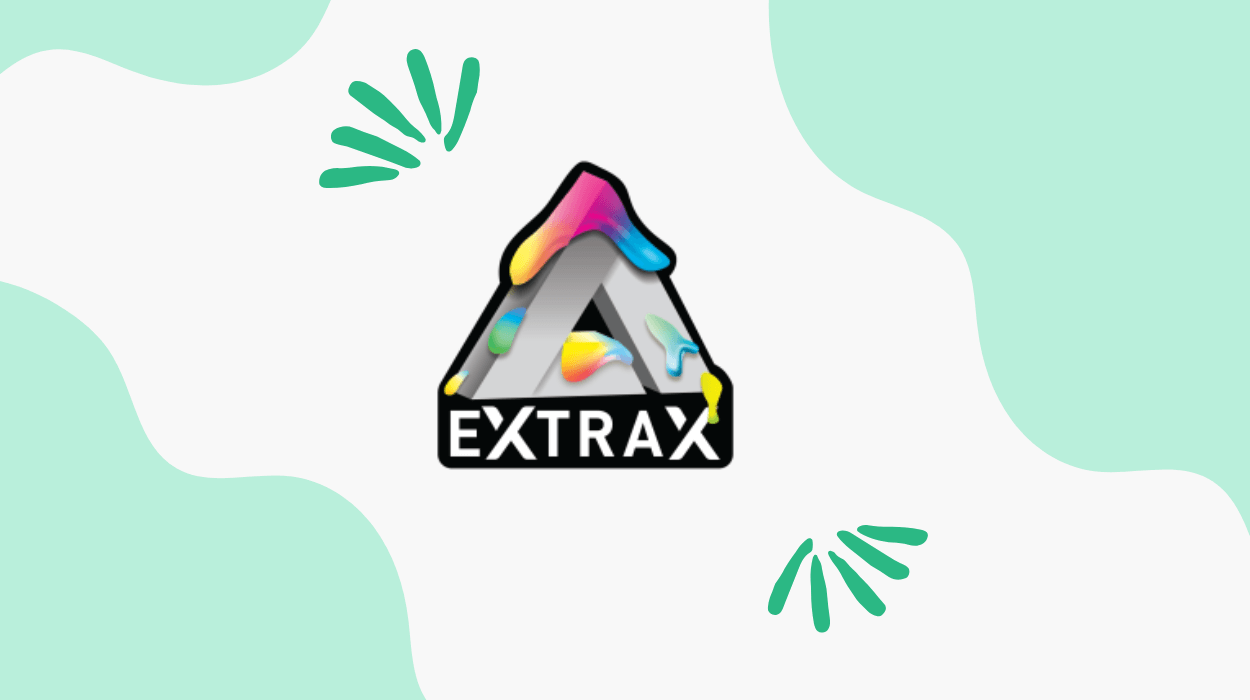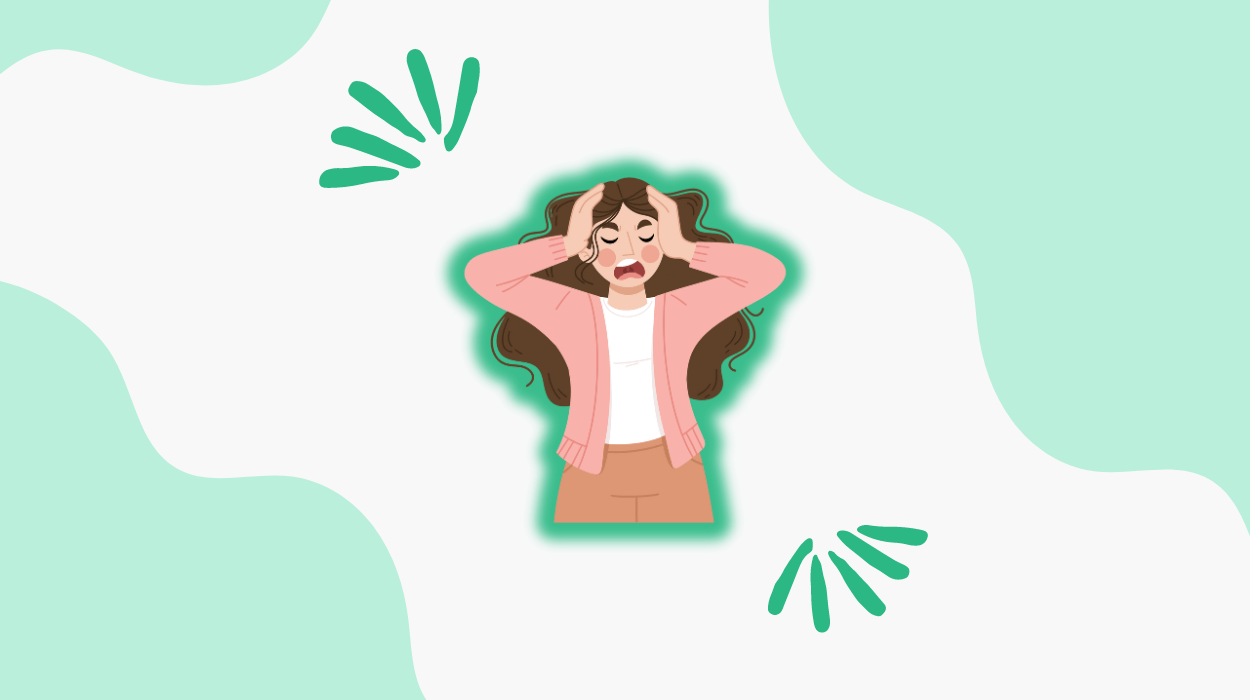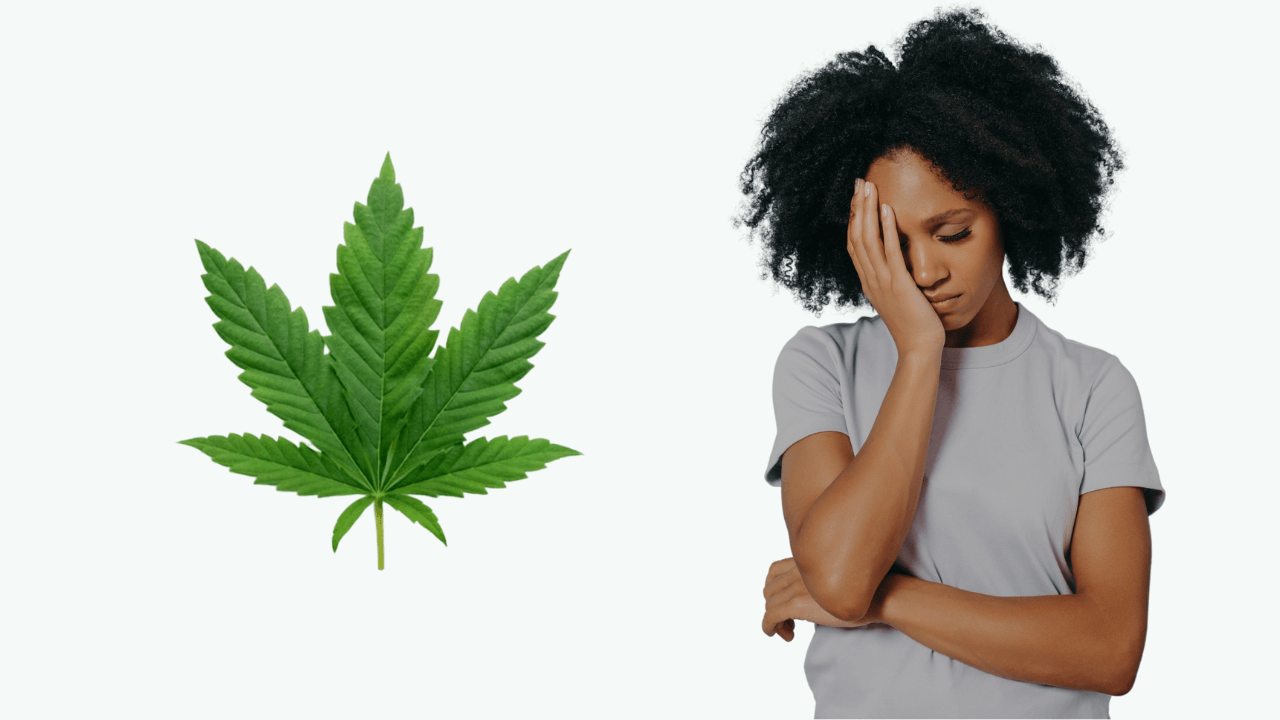

Cannabidiol (CBD) and tetrahydrocannabinol (THC) are cannabis substances that could interact within the body’s endocannabinoid system(EBS).
They are distinct in properties and also vary in origin and effects. CBD is a non-psychoactive compound. THC is the main psychoactive substance present in cannabis.
THC and CBD are obtained from the Cannabis sativa plant, with CBD commonly sourced from hemp with low THC levels. At the same time, THC is found in higher concentrations in marijuana strains.
CBD and THC share similarities in their chemical structures but have varying impacts on brain cell communication.
As the legal setup surrounding cannabis products grows, people are increasingly looking for information on CBD and THC for informed decision-making.
Understanding the differences between CBD and THC compounds is crucial for people exploring the potential benefits and risks associated with their use.

THC, or Delta-9-tetrahydrocannabinol, induces a ‘high’ sensation. It could interact with the brain’s CB1 receptors, leading to euphoric effects.
Below is a table highlighting critical aspects of THC:
| THC | Details |
|---|---|
| Chemical Structure | 21 carbon atoms, 30 hydrogen atoms, and 2 oxygen atoms. |
| Origin | Naturally present in cannabis plants; levels vary among different species. |
| Legality | Illegal at the federal level but allowed for recreational or medical use in some states. |
| Effects | Produces a ‘high’ sensation and alters perception, mood, and cognitive functions. |
| Medical Use | Pain relief, nausea suppression, and appetite stimulation. |
| Risks | Potential for dependence, impaired coordination, and increased heart rate. |
Extracted from hemp or cannabis plants, CBD is a natural compound that does not produce the psychoactive effects commonly associated with cannabis consumption.
CBD is a compound found in marijuana. It does not produce impairing or a “high” effect.
| CBD | Details |
|---|---|
| Chemical Structure | 21 carbon atoms, 30 hydrogen atoms, and 2 oxygen atoms. |
| Origin | Naturally present in cannabis plants; levels vary among different species. |
| Legality | legal at the federal but illegal in some states. |
| Effects | Increased alertness and calmness |
| Medical Use | Pain relief, anti-inflammatory, anti-anxiety, depression |
| Risks | Liver toxicity, Adverse drug interactions, and reproductive and developmental effects. |
THC and CBD come from the plant Cannabis sativa and exhibit distinct characteristics due to their differing origins and compositions.
CBD originates from the hemp plant, a variety of cannabis with minimal THC content, usually less than 0.3%.
In contrast, THC is commonly sourced from resin found on the leaves and buds of female cannabis plants, specifically those with THC concentrations exceeding 0.3%, categorized as marijuana.
CBD can also be derived from the flowering heads of the hemp plant, contributing to its unique composition.
Research conducted on the potential benefits of both CBD and THC for anxiety management has shed light on their contrasting impacts on people’s mental well-being.
Some studies suggest that CBD may help reduce anxiety-like behavior in animals, with preliminary evidence indicating potential benefits for humans.
A small study showed improvements in sleep and anxiety among participants using CBD, although larger studies are needed for conclusive results.
In a study comparing medical marijuana, CBD, and a placebo for treating anxiety in veterans with PTSD, all groups experienced significant symptom improvements. However, the benefits of THC or CBD were not notably better than those from the placebo.
Interestingly, lower doses of THC were found to reduce anxiety in some users, while higher doses could induce anxiety in others, highlighting the complex relationship between THC dosage and anxiety.
CBD is legal at the federal level when containing less than 0.3% THC, with most states permitting its use but often with restrictions.
On the other hand, THC remains illegal federally despite being legalized for recreational or medical use in many states.
As of April 2023, Three U.S. territories, Thirty-eight states, and the District of Columbia have legalized medical marijuana, allowing for THC use with a prescription.
However, the FDA has only approved specific cannabis-based drugs like Epidiolex for certain seizure disorders.
The molecular structures of CBD and THC are identical, composed of 21 carbon atoms, 30 hydrogen atoms, and 2 oxygen atoms, with subtle arrangements leading to distinct physiological effects.
CBD, derived from hemp with minimal THC content, has shown promise in managing anxiety, inflammation, and nerve-related pain.
Research suggests that CBD may offer anxiolytic effects, potentially reducing symptoms of anxiety disorders.
CBD’s anti-inflammatory properties make it a potential treatment option for conditions involving inflammation, such as arthritis.
Its ability to interact with neurotransmitters may help alleviate nerve-related pain, offering a potential alternative for people seeking relief from such discomforts.
The World Health Organization (WHO) has stated that CBD is generally safe with no abuse potential, highlighting its favorable safety profile compared to THC.
THC shows promise in alleviating symptoms of several health conditions, including:
The potential side effects of CBD can manifest as follows:
These side effects are not considered life-threatening and resolve as the body adjusts to the CBD. It may also interact with certain medications like tramadol and celecoxib.
Exposure to THC through smoking or consumption can result in various side effects, including:
CBD Effects on the body’s physiological and psychological processes are being increasingly studied and understood by researchers and healthcare professionals.
Here are some of the essential factors to consider regarding the effects of CBD:
Higher levels of THC present can have notable mental health effects on users.
| THC Effects | Description | Potential Risks |
|---|---|---|
| Hallucinations | Perceptions of objects or events that are not present. It could alter the user’s sensory experiences. | Heightened anxiety and impaired judgment. |
| Delusions | Fixed beliefs that are not based on reality lead to distorted thinking and perception. | Paranoia, detachment from reality. |
| Psychosis | Severe mental disorder characterized by a disconnection from reality, often including hallucinations. | Increased risk of self-harm impaired cognitive function. |
While CBD is known for its anxiolytic properties without causing euphoria, THC’s psychoactive nature raises concerns.
THC may lead to altered senses, impaired body movement, and mood changes. In contrast, CBD could lead to dry mouth, diarrhea, reduced appetite, and fatigue.
Talk to the doctor or a qualified CBD or cannabis expert before considering THC or CBD for your anxiety symptoms.
Understanding the chemical structures, side effects, and legal considerations of CBD and THC is crucial in determining their efficacy in addressing anxiety disorders.
Further research and clinical studies are needed to fully comprehend the potential therapeutic benefits of these cannabinoids in anxiety management.
Tyler Read earned an undergraduate academic degree from Sonoma State University, California and is a certified personal trainer (CPT) with NASM (National Academy of Sports Medicine). With over 16 years of experience, Tyler has trained clients both online and in-person.
He is passionate about helping others turn their love for fitness into a career. Tyler has worked with many local and commercial gyms before establishing his successful private personal training business, which he continues to operate.
